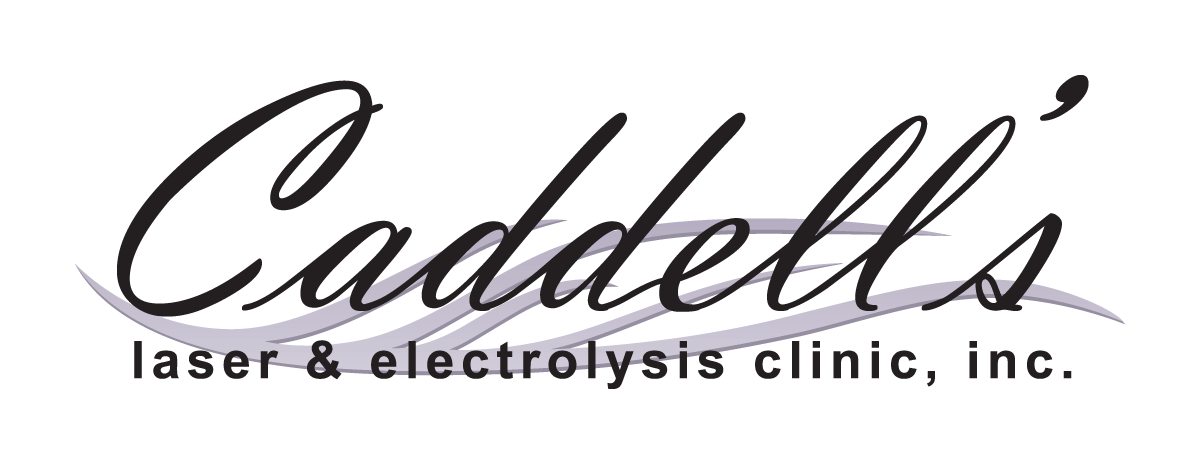Sunscreen 101: Everybody Needs It

In recognition of May as Melanoma/Skin Cancer Detection and Prevention Month, the American Academy of Dermatology is working to raise awareness about skin cancer and encourage Americans to practice sun-safe behaviors this spring and summer.
Dermatologists from across the country presented the latest news and research on skin cancer detection, prevention and treatment at a news conference in New York City. Everyone needs to use sunscreen, they said, and year round.
People should receive skin cancer screenings from board-certified dermatologists on an annual basis, including having their photo taken with a special ultraviolet camera that shows the extent of existing sun damage on their faces.
Melanoma, a very serious skin cancer, is characterized by the uncontrolled growth of pigment producing tanning cells. Melanomas may suddenly appear without warning, but can also develop from or near a mole. They are found most frequently on the upper backs of men and women or on the legs of women, but can occur anywhere on the body.
The overall incidence of melanoma is rising. In 2004, one in 65 Americans have a lifetime risk of developing invasive melanoma, a 2,000 percent increase from 1930.
More than 77 percent of skin cancer deaths are from melanoma. Advanced melanoma spreads to internal organs and may result in death. One person each hour dies from melanoma. If detected in the early stages, melanoma can usually be treated successfully.
Sun protection is the principal means of preventing premature aging and skin cancer. "Sunscreens should be used every day if you are going to be in the sun for more than 20 minutes," the dermatologists said. Sunscreens used on a regular basis actually allow some repair of damaged skin, they said.
Since 1985, dermatologists have conducted more than 1.4 million screenings and detected more than 128,500 suspicious lesions, including 15,000 suspected melanomas. To find a free skin cancer screening, visit the American Academy of Dermatology online at: http://www.aad.org contact the Academy toll-free at 1-888-462-DERM.


0 comments